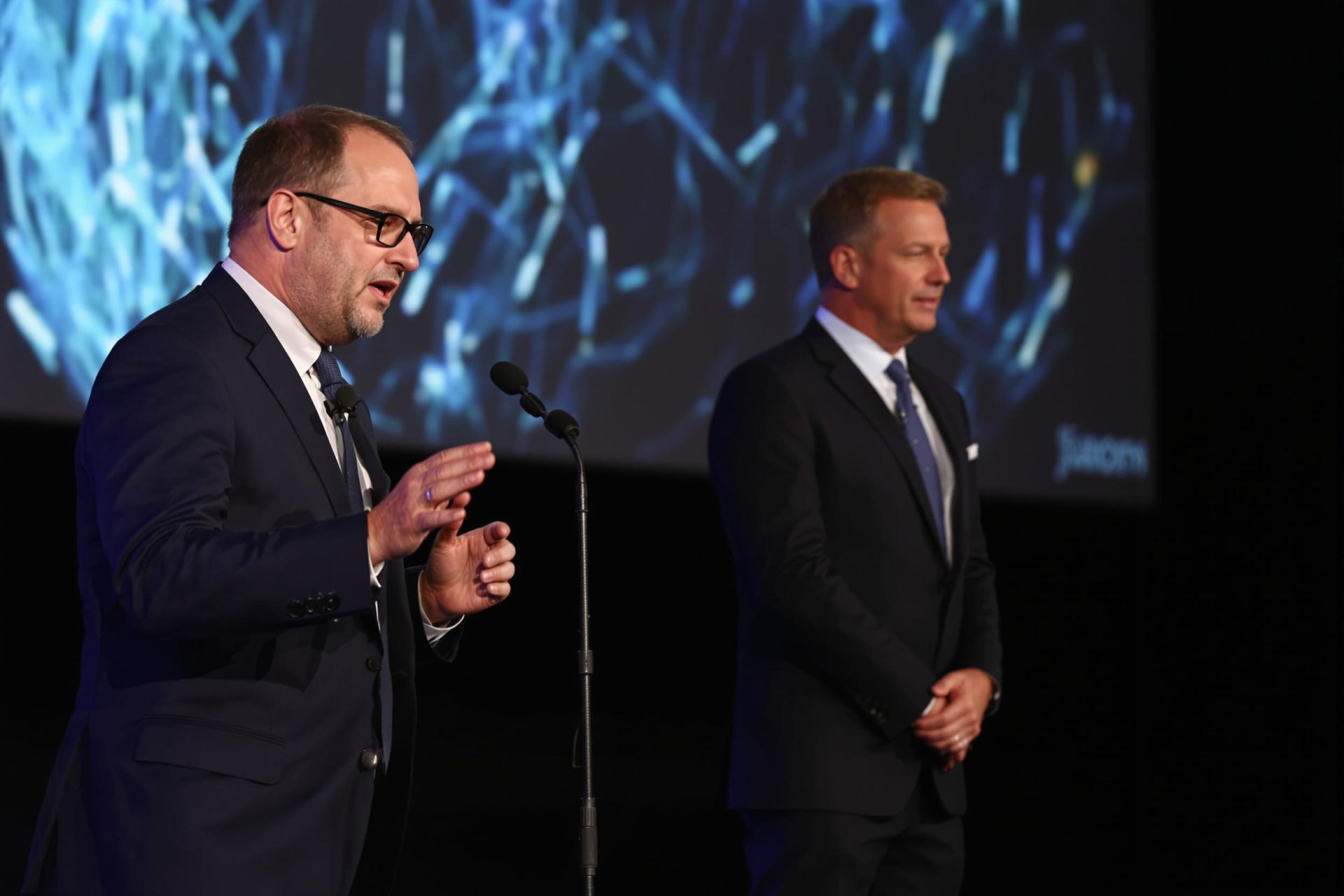Key Takeaways
- A debate is growing within the AI community about whether current AI should simply be considered “normal technology.”
- Proponents argue this view combats hype and focuses on AI as a human-controlled tool, similar in potential impact to electricity or the internet.
- A recent paper suggests viewing AI as “normal” helps manage it realistically without needing drastic interventions, focusing on current capabilities.
- Critics worry this perspective could lead to complacency, downplaying real societal impacts and risks, even from today’s AI.
- They also caution against underpreparing for potential future breakthroughs like Artificial General Intelligence (AGI), even if it’s distant.
- The discussion highlights the challenge of managing current AI effectively while remaining vigilant about its future trajectory.
Is Artificial Intelligence just another technology, or something fundamentally different? That’s the core of a growing debate dividing experts.
Some argue we’re getting carried away, treating AI like a budding superhuman intelligence instead of the complex tool it currently is. They propose we label AI as “normal technology” to ground the conversation.
This doesn’t mean AI isn’t impactful. The comparison is often made to world-changing innovations like the internet or electricity – powerful, transformative, yet ultimately tools developed and controlled by humans. It’s not comparing AI to a simple toaster.
The idea is to move past sensational headlines and focus on managing the AI we have today. Many feel the current hype distracts from practical issues and fosters unrealistic fears or hopes about future AI, like Artificial General Intelligence (AGI) or Artificial Superintelligence (ASI) – concepts still far from reality.
A recent paper titled “AI as Normal Technology,” highlighted in an analysis by Forbes, makes this case strongly. Authored by researchers Arvind Narayanan and Sayash Kapoor, it describes current AI as a tool we can and should control, suggesting this doesn’t require extreme policies or tech breakthroughs.
This viewpoint resonates with those tired of what they see as overblown claims about AI sentience or imminent doom. They argue it’s time for a reality check.
However, not everyone agrees. Critics worry that calling AI “normal” might lull us into complacency. They argue that even current AI has extraordinary societal impacts that differ significantly from previous technologies.
Downplaying AI’s uniqueness could lead us to underestimate its risks or fail to implement necessary safeguards, especially as it becomes more integrated into critical systems.
There’s also concern about the future. The “normal technology” view partly rests on predictions about AI’s *foreseeable* development. But what if progress accelerates unexpectedly?
If we adopt a mindset that drastic interventions won’t be needed, we might be caught unprepared if AI capabilities leap forward faster than anticipated, potentially towards AGI, which many experts predict within the next few decades, though timelines vary wildly.
The challenge lies in finding a balance: treating current AI with pragmatic realism while still acknowledging and preparing for its profound potential, both positive and negative, in the longer term.



